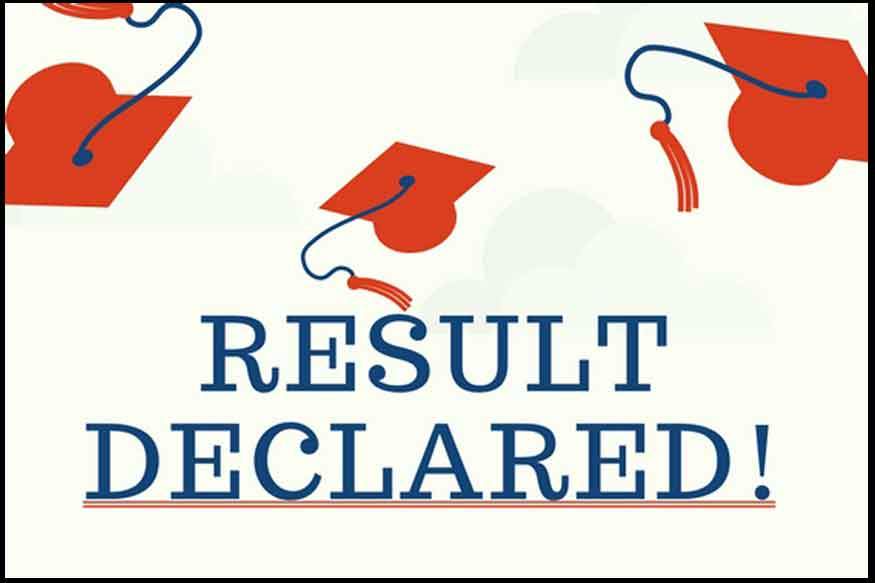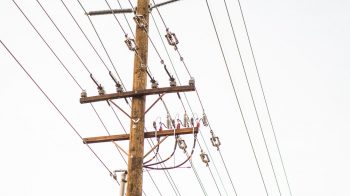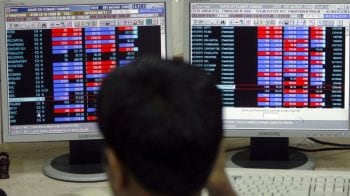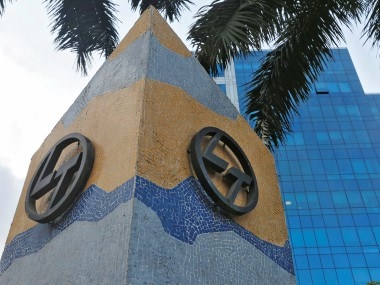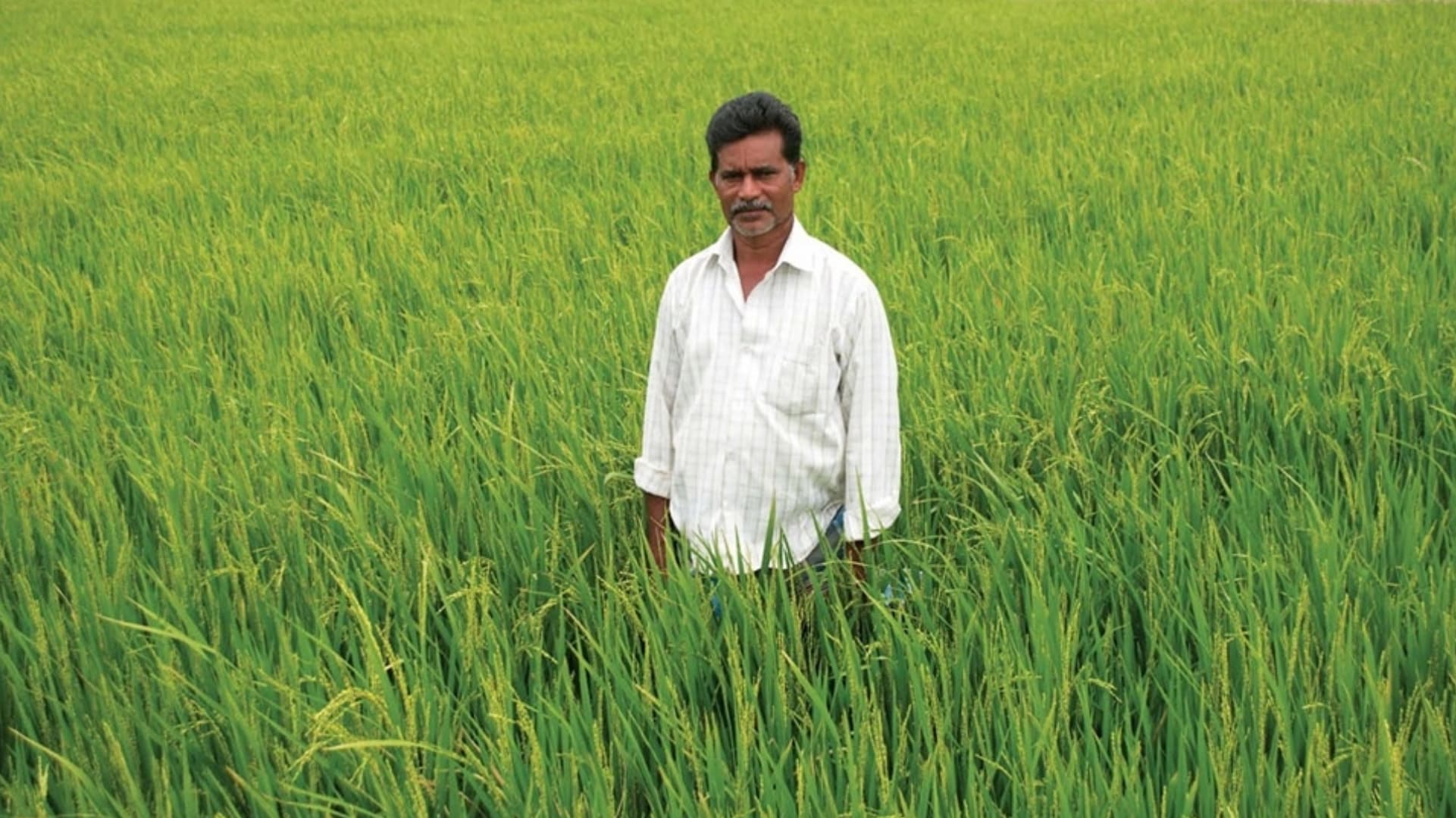In 'What the Economy Needs Now', prominent economists have said that while India has performed creditably in the last twenty-five years across different administrations, there is no room for complacency given our economic challenges. They are mounting.
In addition to getting the government out of areas it should not be in, there is an equally urgent task: strengthening the government in areas where it does poorly or is virtually absent. These include regulating and certifying educational or medical service providers; apprehending and successfully prosecuting economic offenders; and regulating haphazard development and environmental despoliation without blocking growth.
For growth to be equitable and sustained, we have to reform our education, skilling, healthcare and welfare systems significantly. Our record on primary education is dismal, with only about half of the children in class five able to do maths or reading at the class-two level. Parents have responded by increasingly migrating their children to private schooling, but private schools are only slightly better than government schools, and in their current form will not solve the problem of low education quality. It does not get better at higher grades – our scores in the Program for International Student Assessment (PISA) exams were so low that we refused to participate again in that international benchmarking exercise.The poor quality of human capital may already be constraining growth (industry is increasingly concerned about the large and growing skill deficit) and limits its inclusiveness and may prompt a premature move to replace workers with machines.
Healthcare is another area of major concern. In particular, the public system has largely been abandoned by those patients who are seeking regular primary care. They prefer paying for private treatment – even though many practitioners are unqualified and prescribe the wrong treatment in more than 70 per cent of the cases. This is partly a consequence of the failure of the public sector: public sector practitioners are often absent, and when present they put very little effort into treatment. This is especially worrying because dealing with the large, growing burden of non-communicable diseases (NCDs) and the many, only partly solved, child and maternal health issues would need front line providers to lead the charge. It is unclear how the recent Ayushman Bharat insurance scheme, which is the main current effort to deal with healthcare issues, will address these problems.
Similar concerns apply in the education sector. A failure to ensure high-quality education and healthcare provision means that a substantial proportion of our future labour force will grow up underequipped with skills needed in the labour market and suffering from the long-term consequences of stunting and wasting. Much of the middle-aged population will be dealing with debilitating diseases that could have been prevented or controlled. This obviously limits the sustainability and the inclusiveness of growth.
The environment is, of course, a critical challenge to the continuation of our growth and to the extent to which growth translates into improved quality of life. Many of our cities are increasingly experiencing levels of pollution that border on the toxic. If we cannot manage the environment at our present level of development, greater growth will make matters far worse. The consequences of environmentally myopic policies are reflected, for example, in the rapidly falling water table in many parts of the country, which threatens the sustainability of our agriculture. Relatedly, climate change has already had significant effects on productivity and the quality of life in India and we need to be at the forefront of global efforts to combat it.
That our current policies do not add up to an inclusive and sustainable growth agenda is reflected in growing agitation across our society. Agrarian unrest, with the accompanying constant demand for farm loan waivers, is now compounded by demands for some form of government support from sections of society that are nowhere near the poorest. This reflects Indians’ growing anxiety about their future and that of their children in an increasingly winner-take-all society, where they often end up on the losing side.
Our welfare schemes like the Mahatma Gandhi National Rural Employment Guarantee Scheme (MGNREGS) and Pradhan Mantri Gramin Awas Yojana are mostly directed towards the very poor (the one exception being the public distribution system [PDS]), so they do not serve the purpose of protecting those outside that group. Without stronger, sustainable and inclusive growth we simply do not have the resources to expand our welfare schemes significantly, but if we do generate that growth, not only will there be less demand for welfare but there will be more resources to service any demand.
The bottom line is that while we have performed creditably in the last twenty-five years across different administrations, there is no room for complacency given our economic challenges. They are mounting.































